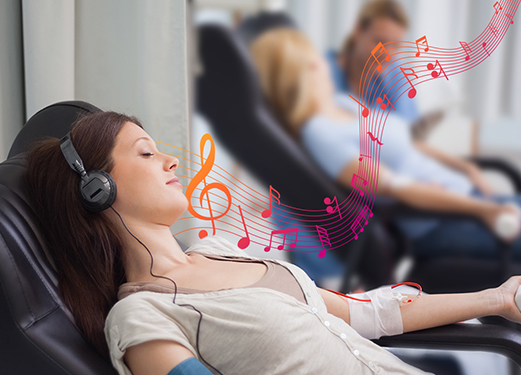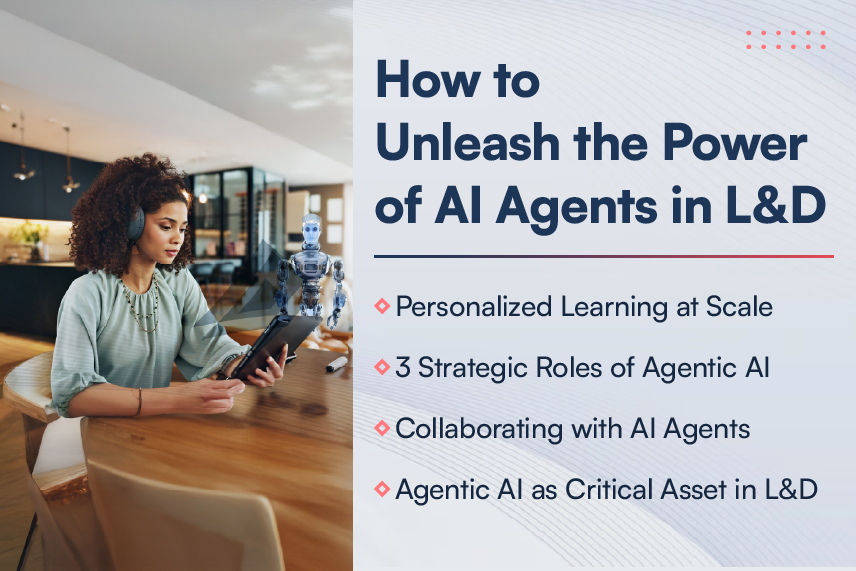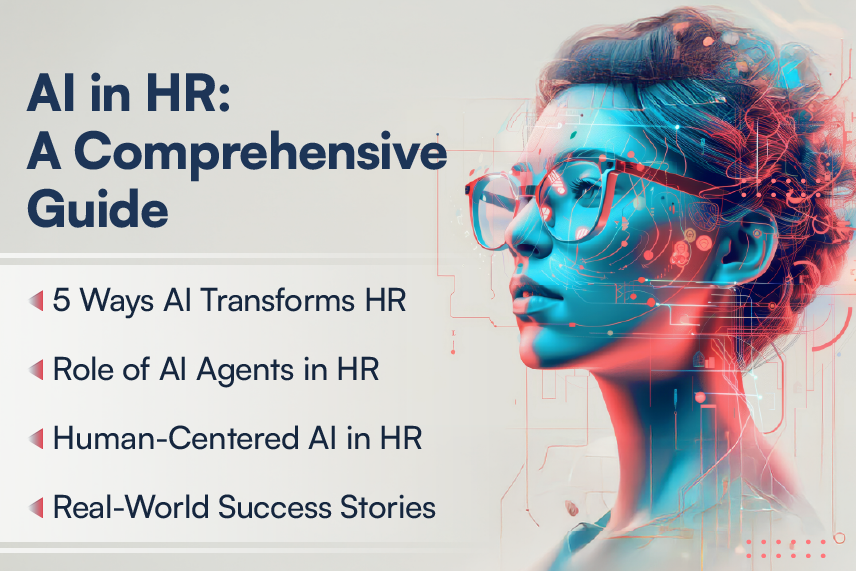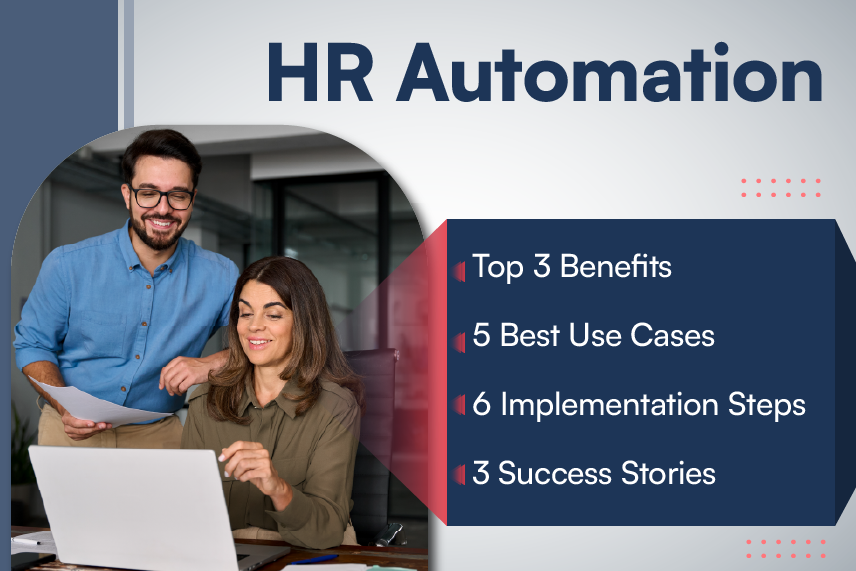
Music certainly makes our life richer. Most people love to listen to music, enjoy playing it and creating some of their own. Relaxing music can help calm us down and allows the mind to get re-charged. In addition, perhaps a bit surprisingly, sad music also allows our emotions to get drained thus allowing us to feel happy. The effect of music is certainly good.
Music Affects the Body
Music has been proven to have an impact on the physical body too. Parkinson’s disease, which is an incurable neurodegenerative brain disorder, causes loss of movement in people. Playing music rhythmically provides some improvement. Tapping on drums and attempting to maintain a beat results in smoother motor movements. The social aspect of a drum-circle enhances the quality of life too. A bit of singing causes an improvement in voice too.
Alzheimer’s disease causes dementia – a loss of memory and other cognitive abilities that interferes with daily life. The brain cell connections and the cells themselves degenerate. Listening to music can provide improvement. Listening to low frequencies from five hundred to six hundred Hertz actually helps in regeneration of neurons – the brain cell connectors – and, possibly, the creation of new brain cells. Listening to music causes memory branching which is one memory leading to the remembrance of other memories.
Music is believed to enhance the production of antioxidants in the body. This leads to a slowdown of the aging and stress processes. Music can alleviate pain. Patients who listened to soothing music while getting intravenous needle inserted feel significantly less pain. Music can aid diabetics. Insulin production is deficient in diabetics. Certain types of music can activate the beta cells in the pancreas thus increasing insulin.
Music can help people with Autism. Autism produces significant communication and behavioral challenges. Music can channel some of the energy of the person. Playing a simple instrument such as a cabasa builds neurological connections between the movement of the hand and hearing the sound thus improving movements. The fact of communicating can also be tied to such music playing. Children with Down’s Syndrome suffer from intellectual disability and delay in development; similar music can benefit them too.
Music Therapy Clinics and Groups
As the therapeutical power of music has grown in awareness, there has been a rise in the number of music therapy clinics and groups. One such group, Music Therapy Ed, believes “music therapists are leaders in healthcare” – quite rightly! The American Music Therapy Association (AMTA) is the body that guides people towards the utilization of music for healing and provides certification for therapists.
Music Therapy Apps
At one level are the apps for lay people. There are several hundreds of such apps.A lot of these apps are for relaxation and meditation. This is certainly an important area of focus. Mental health affects physical health, and people have experienced a lot of mental anguish during the current pandemic. There are apps dedicated to music for Autism, music during Pregnancy, for relief from Tinnitus, for general brain power and so on. One category focuses on Binaural Beats where two tones with slightly different frequencies are claimed to promote healing, provide pain relief and boost immunity. Binaural Beats can also be a layer on top of other music.
There are apps and systems for therapists. The systems assess patients, document the condition and progress, help create individualized education plan (IEP) as required by the authorities, and so on. Specific aspects such as attention, memory, gross &fine motor functioning, and managing pain are also included.
As Telehealth has benefits such as providing treatment irrespective of physical proximity, optimizing the time of the patient and the Provider, and reaching far-flung areas, so also does music therapy benefit from being combined with Telehealth.
The Future of Music Therapy in Healthcare
For the immediate future, I see some of the following technology being used. When patients are to undergo possibly painful treatments, personalized music will automatically start playing. The drums, cabasa and similar instruments will have sensors and will provide motivation for doing more of the right actions. Just as too much screen time and junk food can be monitored, so too will music consumption be monitored on a personalized basis so that music that may have adverse impact can be avoided.
As music in a social setting has further benefits, for those people whose movements are limited or who are socially restricted, Augmented Reality or Virtual Reality may be a way to combine music with virtual agents representing fellow music players.
My strong wish is that all health systems should ultimately incorporate music inside them. We have good visuals in software. We can have good music too. Music that will act as therapy as needed for the users navigating the system. That will be great Patient Experience; that will be great Physician Experience. And for Payer associates, for Lab associates, for Pharmacy associates and so on.
Music and its benefits are not only for those who can hear. Only a small percentage of hearing-impaired individuals do not hear at all, so music therapy can serve the hearing impaired too.
Music therapy has great potential, and I am quite excited by it! What are your views?






